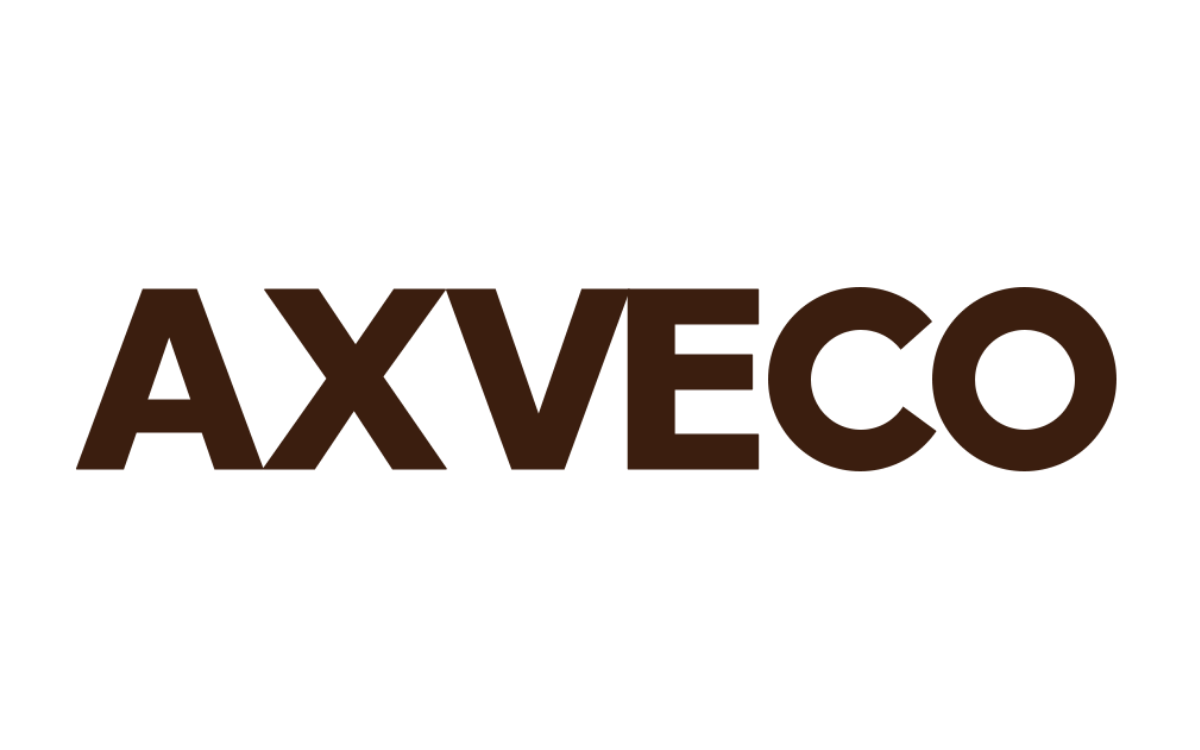Conceptual Modeling: UFO Basics
| Status | Live |
| Estimated time | 8-19 hours |
| Prerequisites | Linked Data Foundations |
| Next steps | Data Management Foundation |
CONCEPTUAL MODELING: UFO BASICS
This learning journey will introduce you to UFO, the widely used methodology for designing and evaluating ontologies that underly information represented as data. In this introductory course you will learn about:
- Why do we need ontologies? How do they differ from more traditional data models and information models?
- How does UFO work?
- How can you apply UFO using OntoUML, a UML dialect?
- How can you use UFO in practice to create high-quality ontologies?
This learning journey is relevant for data analysts, information analysts, information architects, ontologists, and any other professional who needs to work with ontologies, design ontologies, or need to understand the quality aspects of ontologies. After finishing this course, you will be able to apply basic UFO-techniques in all your modeling work.
Much of our knowledge is represented as data in IT-systems. Interpreting and using these data is impossible without ontologies. Ontologies can be left implicit, but that does not mean they are not there. Low-quality models are detrimental. Linked Data is currently emerging as a superior approach to working with data, but Linked Data without an adequate ontology is like a moon rocket without fuel. Or worse, with dangerously wrong fuel.
The biggest impediment to realizing value from data is no longer technology, but poor understanding of how to create adequate, technology-agnostic ontologies. Contrary to common wisdom, creating adequate ontologies is not an art, let alone a matter of taste. Grounded in decades of research and steeped in philosophy dating back to Socrates, UFO provides practical methods to decide what is adequate and what is not.
This learning journey takes you through the essentials of UFO and OntoUML, with a focus on its down-to-earth, practical aspects. You start by gradually understanding the core concepts. Your journey then continues covering how it works, and how you apply it in every-day work. Included are hands-on paper-and-pencil exercises.
The learning objectives of this course are:
- Understand which problems the discipline of conceptual modeling intends to solve
- Appreciate the fundamental importance of these problems
- Communicate how ontologies function as a recipe for interpreting data
- Understand the deep connections between identity and classification
- Comprehend how UFO derives logical constraints on adequate ontologies
- Understand how OntoUML is vanilla UML with added constraints
- Learn to apply UFO through OntoUML in practical situations
Who we are
Taxonic is Netherlands’ leading consultancy in Linked Data. Founded in 2012, Taxonic has grown to become the one-stop-shop for all things semantic, from propositions and consulting to education and inspiration
Eliana Papoutsoglou is Linked Data consultant at Taxonic. She has earned a PhD researching the application of FAIR principles and Linked Data in plant sciences
Jan Voskuil is co-founder and CEO of Taxonic. He has been evangelizing and teaching semantic technologies for more than a decade. His consultancy work spans multiple domains. He frequently publishes and speaks at conferences about the things he works on





